3 Myths Homeowners Believe About Well Pumps
Well pumps are a critical component for many homeowners who rely on private wells for their water supply. Despite their ubiquity, there are numerous misconceptions about how well pumps function and how they should be maintained. This article aims to debunk six common myths about well pumps and provide homeowners with the information they need to ensure their home's water system is running efficiently and effectively.
Myth 1: Well Pumps Are Maintenance-Free
Understanding Routine Maintenance Needs
It is a common misconception that well pumps require no maintenance once they are installed. In reality, routine maintenance is crucial to the longevity and effectiveness of a well pump system. Regular inspections and minor adjustments help prevent significant malfunctions. By committing to regular maintenance, homeowners can ensure the smooth operation of their water supply. Ultimately, neglecting these routine needs can lead to costly repairs or even premature failure of the well pump.
Signs That Your Well Pump Requires Attention
There are several indicators that your well pump may require attention or maintenance. A noticeable decrease in water pressure or unexpected noises coming from the pump area should not be ignored. Additionally, frequent cycling on and off can signal underlying issues. Recognizing these signs early can prevent more severe and expensive problems down the road. Proactive attention is key to preventing major disruptions in your water supply.
The Importance of Annual Inspections
Annual inspections are vital to maintaining the health of a well pump. These inspections ensure that each component of the system is functioning correctly. A trained professional can detect early signs of wear and suggest preventive measures. Furthermore, during annual checks, the flow rate and pressure can be thoroughly assessed. According to the National Ground Water Association, well pumps have an average lifespan of 8 to 15 years, but proper maintenance can extend this period.
Common Maintenance Mistakes to Avoid
One of the most common maintenance mistakes is ignoring minor issues until they escalate. Many homeowners neglect these warning signs, assuming they will resolve themselves, but this is rarely the case. Another error is using incorrect standard parts during repairs, which can exacerbate problems. Ensuring that repairs are done with appropriate parts and by professionals is crucial. Also, failing to keep the area around the well pump clean can lead to preventable issues.
How Proper Maintenance Extends the Life of Your Well Pump
Proper maintenance is essential for extending the lifespan of a well pump beyond its average expectancy of 8 to 15 years. Regular check-ups mitigate wear and tear, ensuring that the pump operates efficiently for as long as possible. By replacing worn parts before they lead to more extensive damage, homeowners can avoid unexpected failures. Consistent maintenance not only extends the pump's life but also contributes to a stable and reliable water supply. Ultimately, this proactive approach saves time and money in the long term.
Myth 2: All Well Pumps Are the Same
Explaining the Different Types of Well Pumps
There are various types of well pumps, each designed for specific needs and conditions. Submersible pumps, for instance, are common for deep wells as they are submerged directly in the water source. Jet pumps, on the other hand, are suitable for shallow wells and work by creating suction. Each type has its distinct advantages and operational methods. Understanding these differences is crucial when selecting the right pump for your home.
Considering Key Factors When Choosing a Well Pump
Several factors should be considered when selecting a well pump, including the well depth, the water table level, and household water usage. Additionally, homeowners should assess the well's flow rate to ensure the pump can handle the demand. Environmental conditions, such as temperature and water quality, also play a significant role in this decision-making process. Consulting with a professional can help homeowners make a well-informed choice. Ensuring the correct pump is selected affects both performance and longevity.
Understanding Commonly Used Well Pump Technologies
Technology plays a crucial role in the evolution of well pumps. Modern pumps often come with features such as variable speed drives, which allow for adjustments in water pressure and flow rate. Moreover, advancements in materials have led to more durable and efficient pump components. Energy-efficient technologies also help reduce running costs, making modern pumps more sustainable choices. Staying updated with current technologies allows homeowners to utilize the best solutions available.
Weighing the Pros and Cons of Well Pump Types
Each well pump type comes with its own set of pros and cons. Submersible pumps are efficient and less prone to cavitation, making them suitable for deeper wells. However, they can be challenging to access for repairs. Jet pumps, while easier to service, generally offer lower efficiency compared to submersibles. Hand pumps and solar-powered pumps serve as alternatives for specific scenarios, particularly in off-grid situations. It's important for homeowners to weigh these pros and cons according to their unique needs.
Understanding Why Well Pump Selection Matters
Selecting the appropriate well pump for your home is critical for operational efficiency and cost-effectiveness. A pump that is properly matched with the well conditions and water needs will perform better and last longer. Poor selection can lead to problems such as insufficient water pressure or premature mechanical failures. By working with experienced professionals and understanding household needs, homeowners can make the best choices for their water system. The right pump ensures reliability and peace of mind.
Myth 3: Once Installed, Well Pumps Require No Attention
Monitoring the Performance of Your Well Pump
Monitoring the performance of a well pump post-installation is essential for maintaining optimal functionality. Regular performance checks can help detect early signs of wear and inefficiency. Monitoring systems can include pressure gauges and flow meters to observe changes over time. By tracking these performance indicators, homeowners can spot potential issues before they result in a breakdown. Vigilant monitoring also aids in planning maintenance schedules effectively.
Troubleshooting and Identifying Common Issues
Homeowners should be aware of common well pump issues that may arise. Problems like a loss of pressure, unresponsive pumps, or unusual noises can signal the need for troubleshooting. Testing different components systematically, such as checking electrical connections or adjusting the pressure tank, can help identify the source of the problem. It is often beneficial to consult a manual or contact a professional for persistent issues. Effective troubleshooting can significantly reduce downtime and repair costs.
Protecting Your Well Pump from Environmental Factors
Environmental factors can significantly impact the operation of a well pump over time. Temperature extremes and inclement weather conditions can cause physical strain on the system. Additionally, debris and ground movements can compromise the infrastructure. Proper casing and strategically placed barriers can mitigate some environmental stresses. By protecting the pump and keeping the surrounding area clear, homeowners can prevent avoidable damage.
Understanding the Role of Water Quality in Pump Longevity
Water quality directly affects the longevity and functionality of a well pump. Contaminants, such as sediment and mineral deposits, can accumulate and obstruct flow, causing increased wear. Regularly testing the water and installing filtration systems can protect the pump from such issues. Clean, contaminant-free water ensures efficient operation. Taking these steps improves water pump performance and extends its expected lifespan of 8 to 15 years.
Knowing When and Why to Call a Professional
While many issues can be managed with basic troubleshooting, there are times when professional help is necessary. Complex mechanical issues, electrical faults, or significant drops in performance should prompt a call to an expert. Professionals carry the tools and expertise to address problems accurately and efficiently.
Dispelling myths about well pumps is crucial for homeowners to ensure the longevity and efficiency of their water systems. By gaining a better understanding of their well pump's needs and operations, homeowners can avoid costly repairs, enhance the performance of their systems, and ensure a reliable water supply. Regular maintenance, selecting the right pump, and knowing when to call in professionals are key elements to managing a well pump effectively. If you need well pumps for your home, make sure to contact Connecticut Valley Artesian Well Co Inc today!


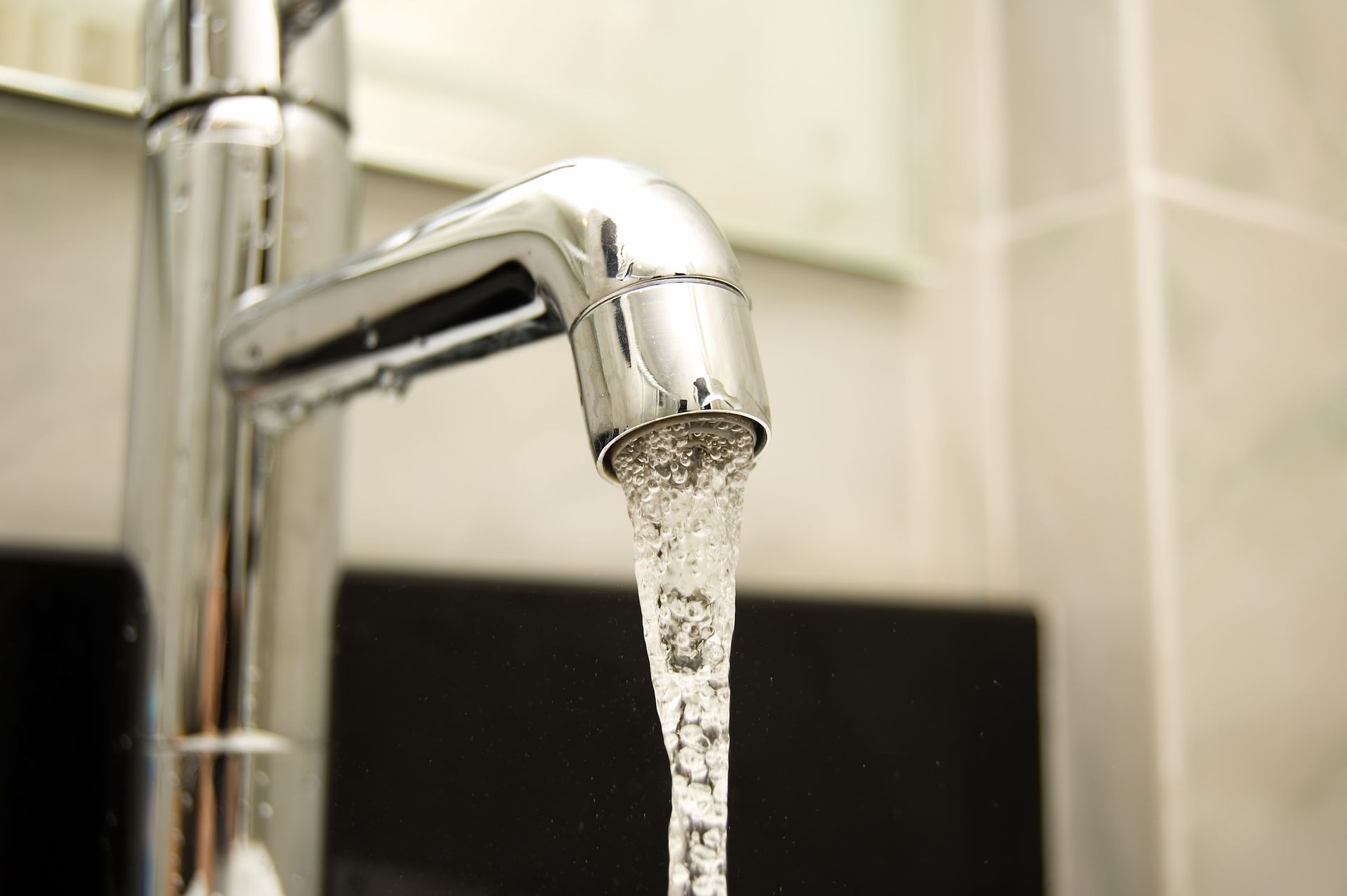

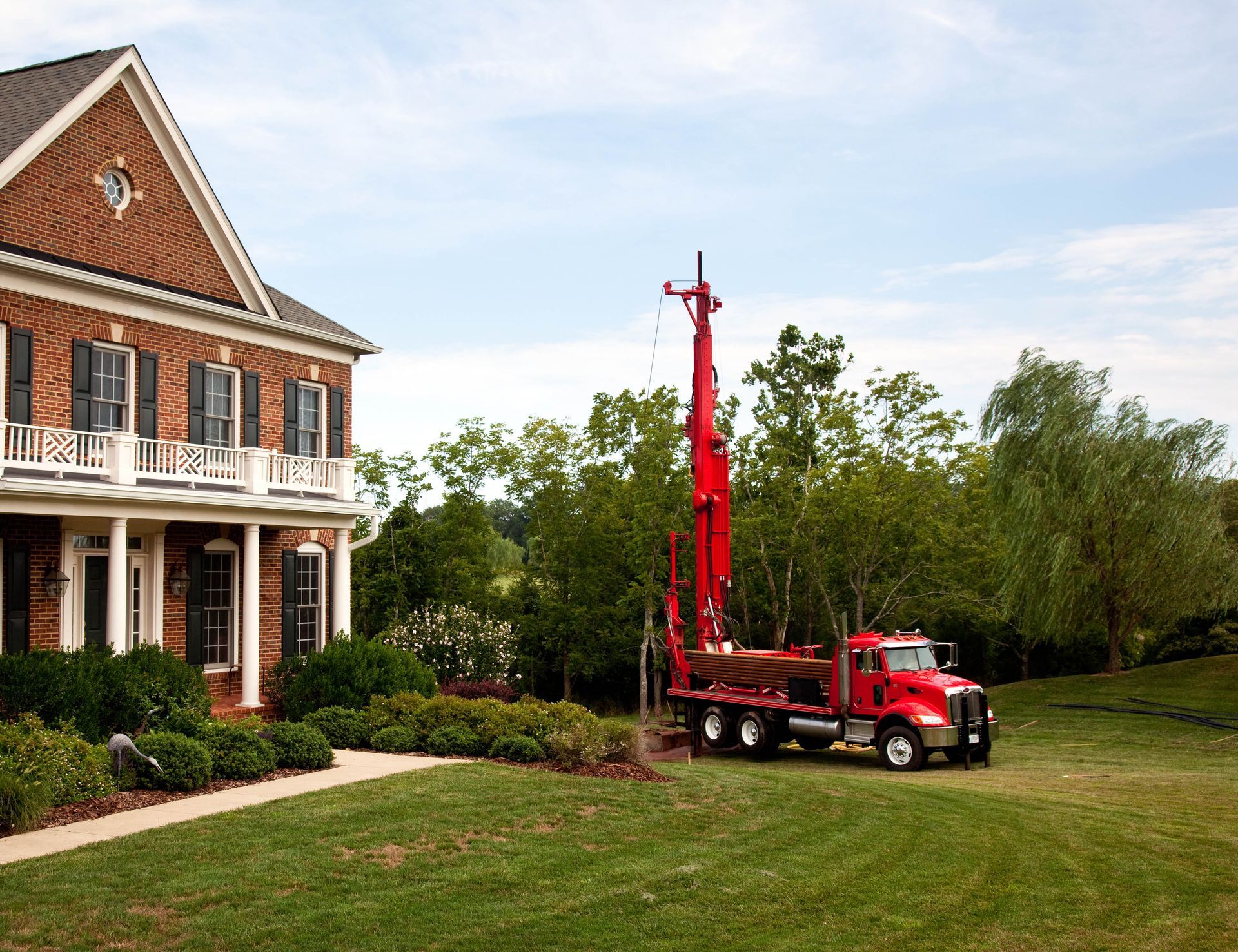
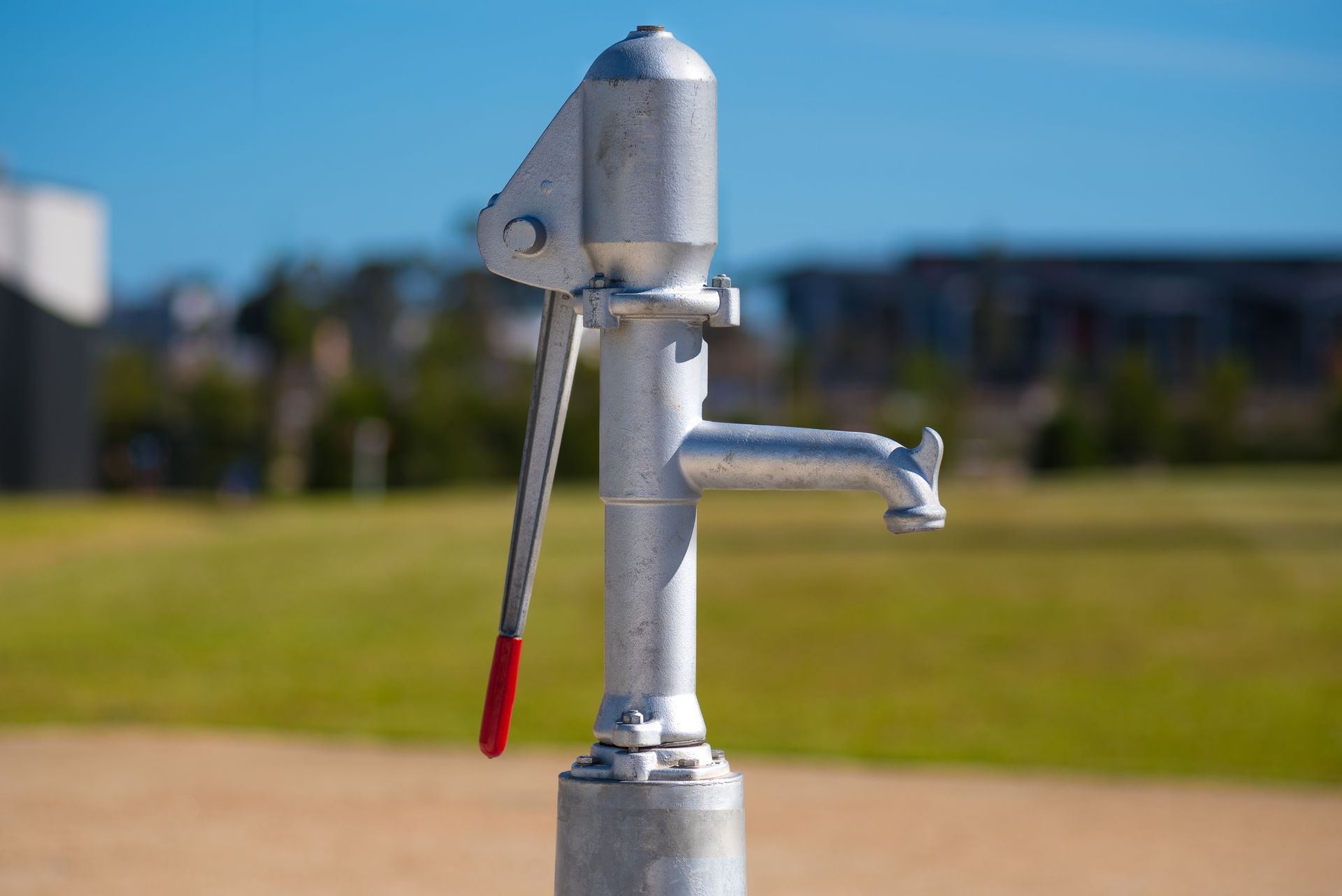
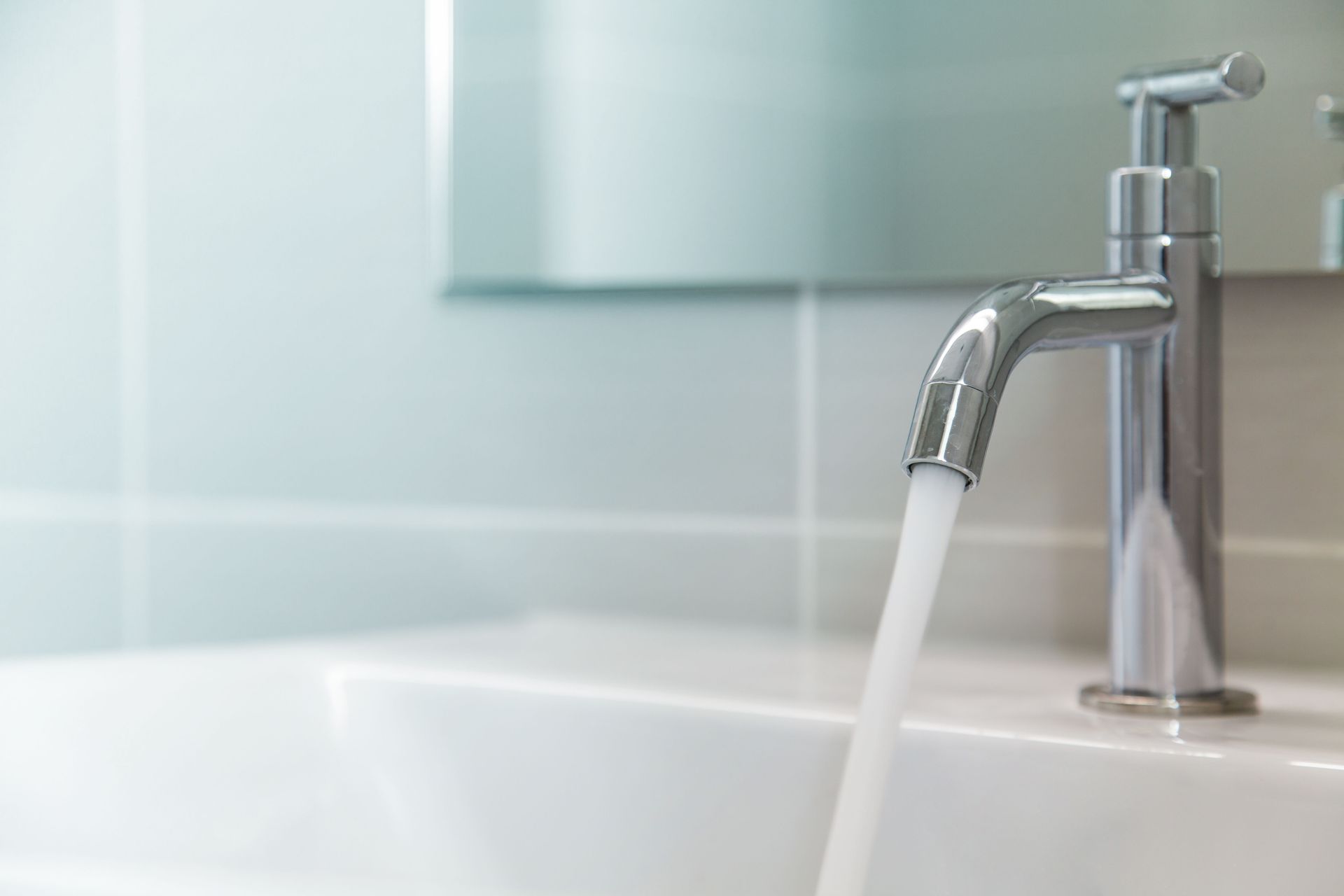
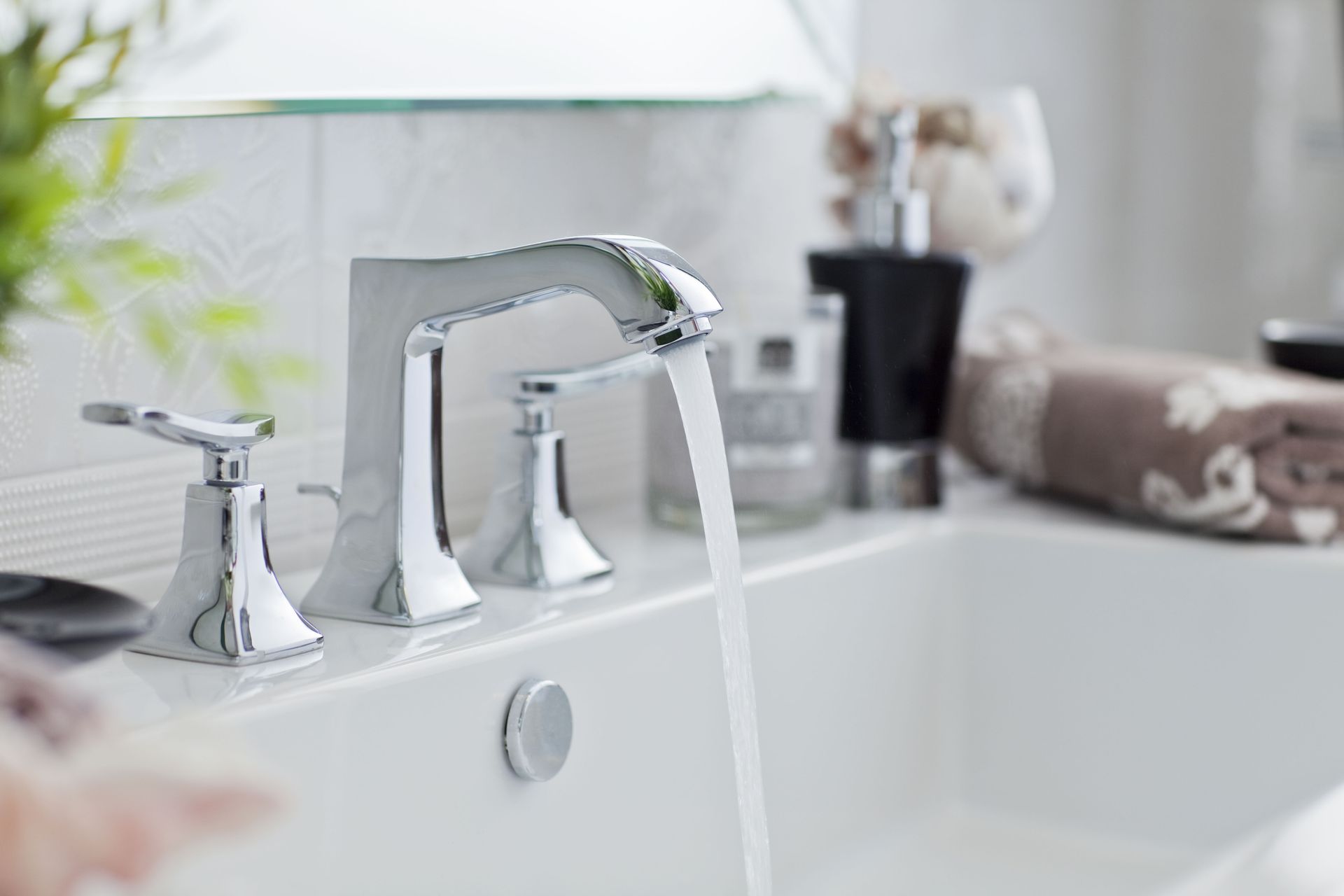
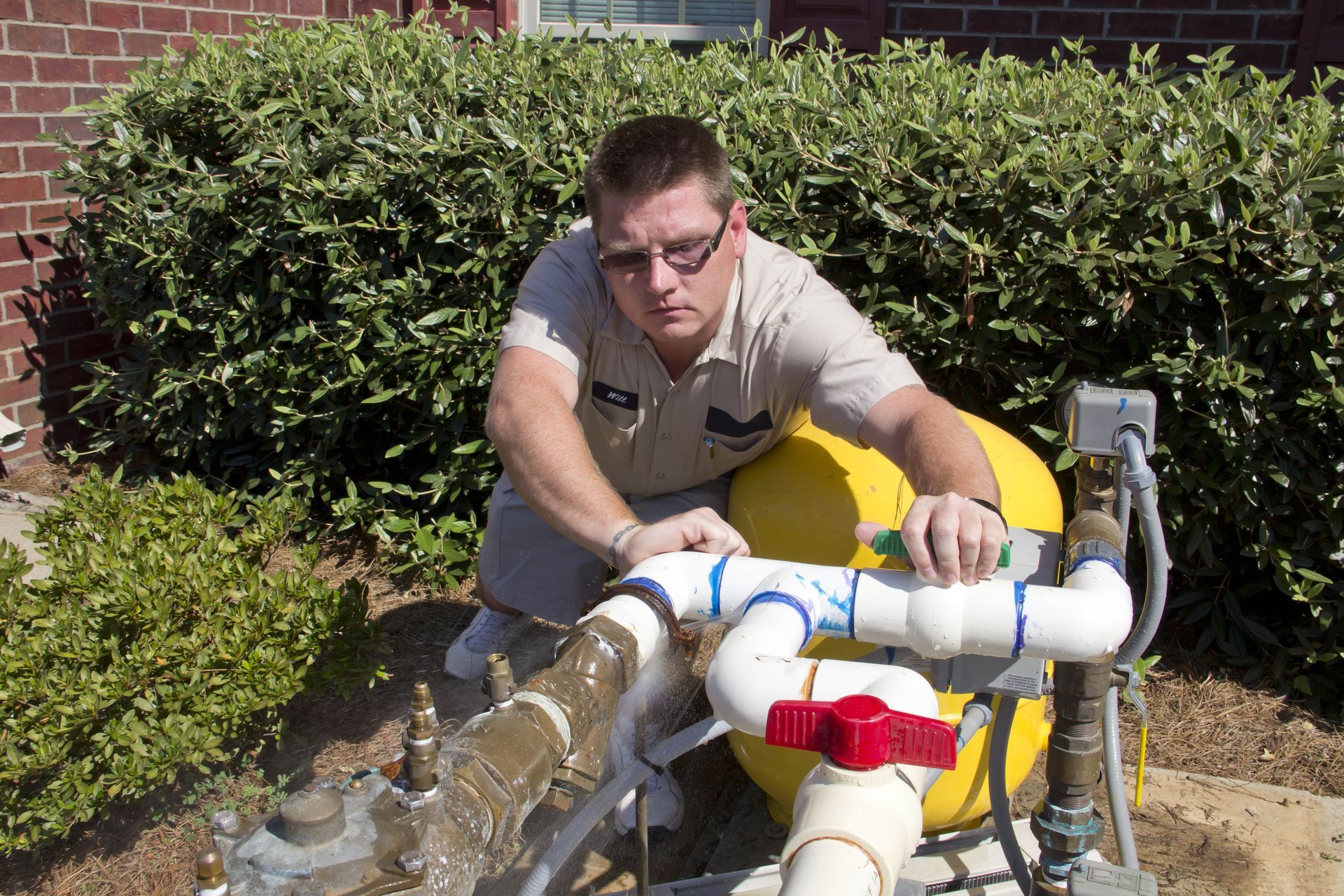
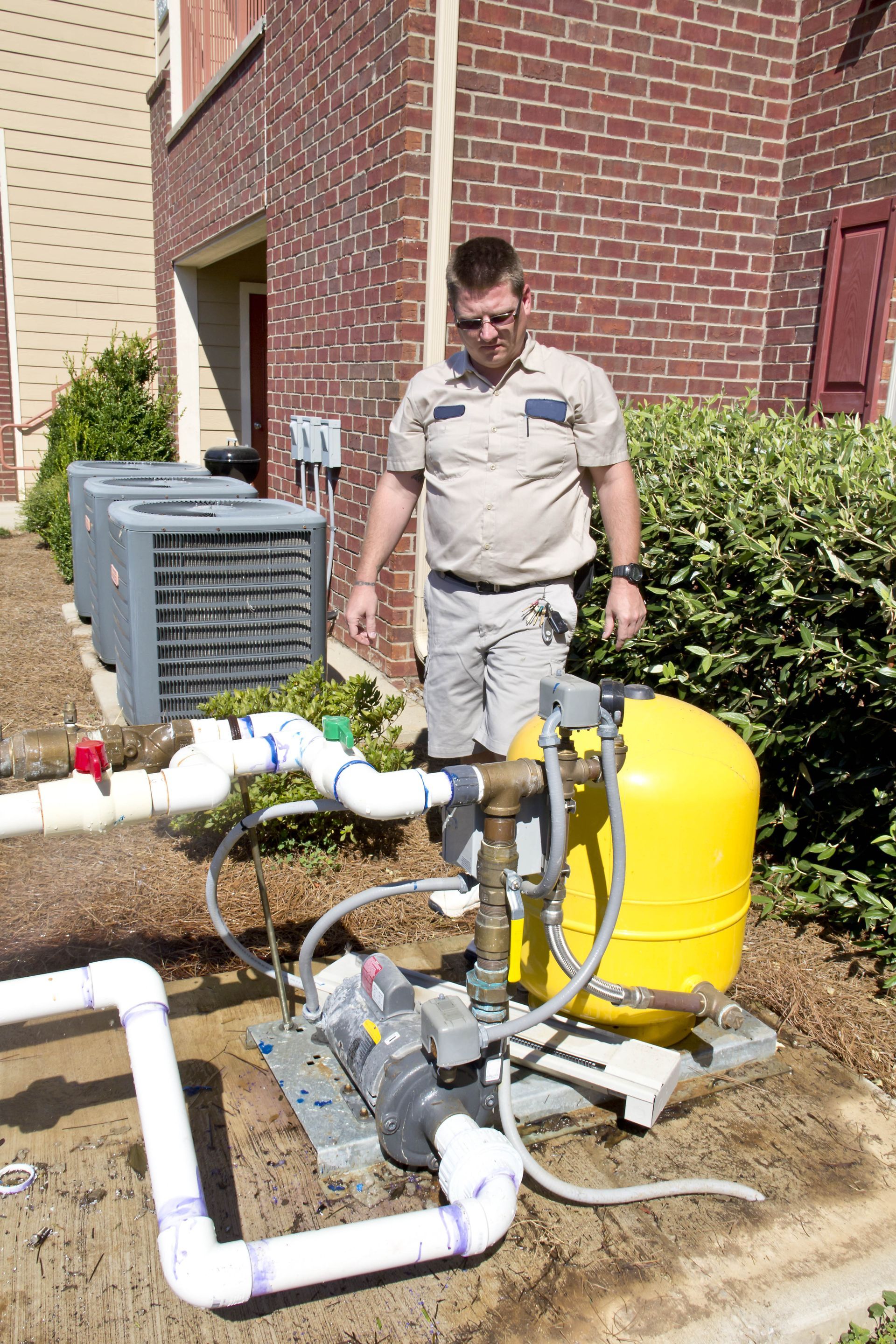
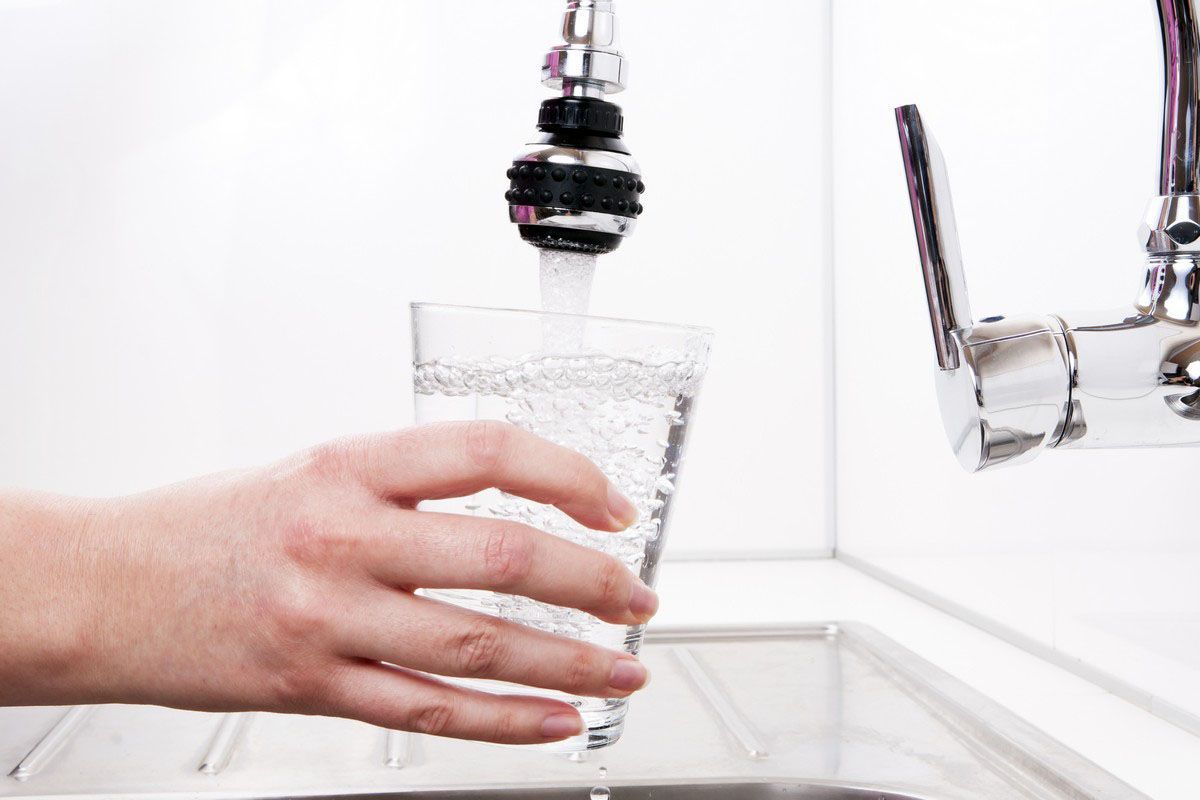
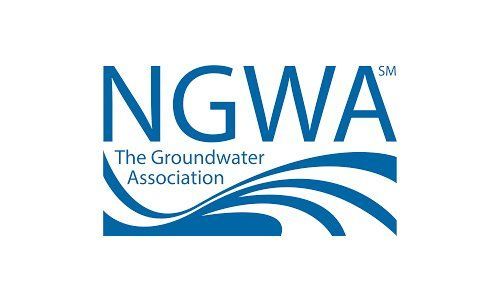
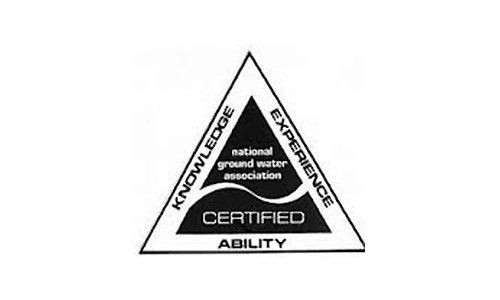
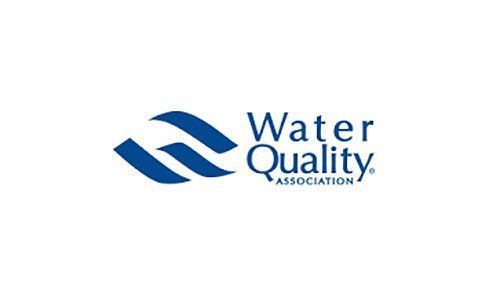
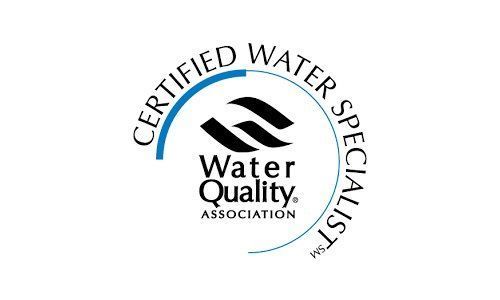

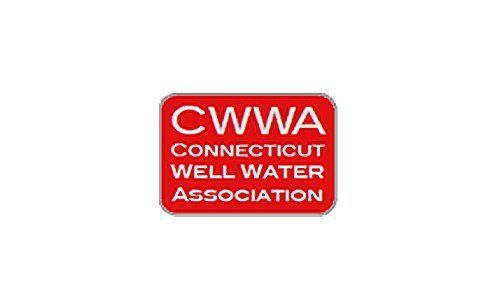
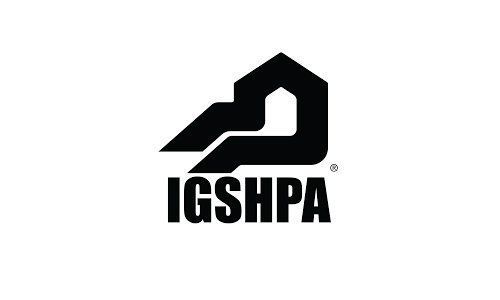

Share On: